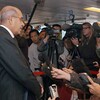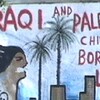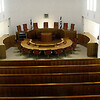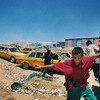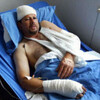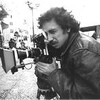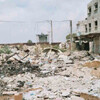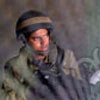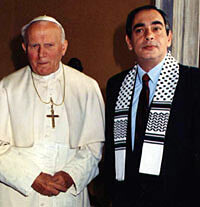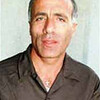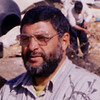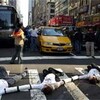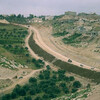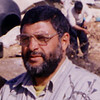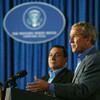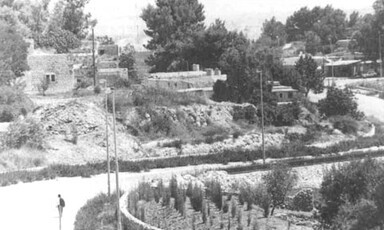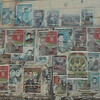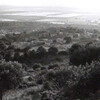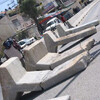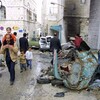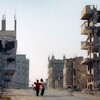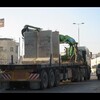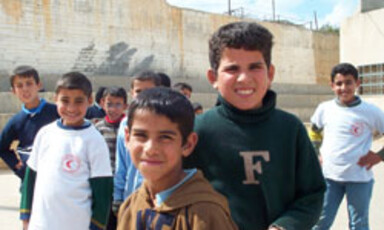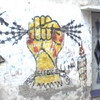
Sharon’s violent policy, a point of no return for the European Union
28 April 2004
Two weeks ago, Sharon met George Bush to discuss his plan for the withdrawal of Israeli troops from the Gaza Strip. On the face of it, this could have been welcomed as a major first step towards peace, that is, if it was not linked with a further intention to retain most of the major settlements in the occupied territories on the West Bank. Adri Nieuwhof and Jeff Handmaker argue that up until now, the European Union has failed to use the means it has at its disposal to enforce respect for international law and human rights. The EU must no longer take the middle ground, merely limiting its role to expressing support for the peace process. They cannot claim that the peace process needs time. In fact, there is no peace process and no time left: we are at the point of no return. Read more about Sharon’s violent policy, a point of no return for the European Union


